With more and more gadgets having integrated batteries, consumers’ need for alkaline batteries is losing energy. However, there is still a demand for them, and that means c-store retailers still have reason to stock them. They may not be needed by smartphones and MP3 players, but they’re still vital for items such as remote controls, toys and torches.
Richard Cook from Richlands Convenience in Sevenoaks, Kent, says his best-selling batteries are AAs, but are followed by Ds for torches. And Neil McRobbie from Mace in Newtownards, County Down, says most of his batteries are sold for TV/Sky remotes but also 9V batteries for smoke and CO2 detectors.
Rather than sticking to one brand, both retailers stock a range of batteries to give their customers a choice of price point. For Richard that means Duracell, Energizer and Panasonic, while Neil goes for Duracell, Energizer and a budget product such as Agfa or JCB.
No battery display would be complete without brand leader Duracell, and its consumers are exceptionally brand loyal. According to IRI/GFK data, Duracell had a record brand share last December of 70.8%. Nearly 90% of Duracell alkaline volume sales are from exclusive shoppers (those that will only buy Duracell) or highly loyal shoppers (those that buy Duracell more than 50% of the time).
retailer’s view
Alkesh Gadher
“Batteries aren’t a footfall driver, but they are a necessity. We stock Duracell, Energizer and Panasonic so we can give customers a choice on price.
“Duracell is the most popular and we are currently selling ‘four plus four free’ packs. But we’ve also got four-packs of Panasonic AAs for £1. We managed to get them on offer and are able to pass that offer onto our customers.
“Battery sales used to be very seasonal but not any more they sell all year round.
“We have them behind the till. We did try putting them out on shelf but we lost more than we sold!
“We stick to the best sellers, the AA and AAAs. We also have a couple of rechargeable products, but the pricing on those is difficult for us.”
Alkesh Gadher, Best One, Isleworth. London
Duracell business leader Leigh Tomlinson says the familiar copper and black cells instantly identify the battery category for many shoppers.
Duracell is, of course, renowned for its long-lasting properties, illustrated by the pink bunny used in the advertising. But now Varta plans to make its batteries ‘more appealing to consumers’ with on-pack claims that its cheaper AA and AAA cells last just as long as Duracell’s.
Independent research has found that Varta Max Tech AA alkaline lasts as long as Duracell Ultra Power Varta High Energy AA lasts as long as Duracell Plus Power and Varta Longlife AA lasts as long as Simply Duracell.
Varta sales director Anthony Sewart says the batteries have not been specifically improved so the company could make the claims, but this is the first time an independent test house has been used to verify internal findings. He explains: “We were confident that our AA and AAA alkaline batteries would match the performance of the comparable market-leading product, so it is reassuring that impartial testing matched our expectations. Intertek carried out tests according to International Electrochemical Commission standard procedures independently, but on behalf of Varta.”
New packaging for the tested products will communicate the claims to direct consumers.
The right place
Most c-stores keep batteries on display behind the till for security reasons, but Panasonic Energy sales manager UK and Ireland, Tim Clark, says this is where a little bit of knowledge is needed to boost sales.
“Retailers can help ensure customers pick the battery that’s right for them. For instance, you don’t want customers left disappointed by buying a zinc battery that won’t work in their child’s toy. It would be good if the retailer could advise them a little on the correct battery to buy.”
Clark confirms that Panasonic’s distribution is growing all the time. “We’re in Booker, Batleys, Blakemore and Bestway. We’ve been gaining listings all the time. We’ve been running a lot of promotions in cash and carries to push out to c-stores.”
On recharge
Probably the biggest surprise in the battery market is that the rechargeables sector is in decline. On the surface, this seems amazing at a time when consumers are watching their spending and rechargeables seem to offer such great value.
Panasonic’s Clark says: “Rechargeables really are a no-brainer for the consumer, but sales are in decline. They’re getting cheaper to buy, but people don’t really understand them. Most people like the idea of a rechargeable, but find them difficult and complicated and therefore don’t engage with them. There’s also a negative perception from people who tried them years ago when they weren’t as good.”
Panasonic is attempting to cut through the confusion with a simplified charger offer comprising an entry-level charger, a fast charger and a universal charger. Each comes with fully charged batteries.
Energizer, too, is trying to simplify the shopping experience for consumers by clearly communicating the difference between its rechargeables.
New packaging uses simple icons to show consumers the most appropriate battery for a device. And an on-pack performance grading system allows them to choose the performance or power that fits their device usage needs. The Power Plus pack, for example, includes a ‘3x longer lasting’ claim and icons that represent devices such as kids’ toys, while the Extreme pack highlights a ‘6x longer lasting’ claim and icons representing high-tech devices such as gaming controllers and cameras.
The law now requires c-stores to have battery recycling bins on the premises. Neil McRobbie keeps his behind the counter, while Richard Cook has his out the back of the shop. But they both get well used. “People know they can dispose of their batteries here, so our recycling box does get filled up,” says Richard.•
Promotional drain

‘Four plus four free’ packs might be good news for consumers, but they’ve definitely hit the battery market’s value.
Energizer marketing director Caroline Mallet says that over the past three years there has been an unsustainable level of deep and frequent promotional activity, which is damaging category value and is conditioning consumers to only buy on promotion.
“At Energizer we have been campaigning for more responsible promotions over the past two years. As a challenger brand in the battery category, we are committed to restoring category value by working with the trade to create promotional plans which are relevant and meet shopper needs, while maintaining sustainable levels of promotional activity.”
But extra-free packs aren’t the only problem - so too are price cuts. According to research company GFK, in December 2010 29.2% of batteries were sold with a price cut of 10% or more compared with the previous quarter, but by December 2011 this had risen to 38.8%.
Panasonic will be offering ‘extra free’ packs this autumn, but it is also offering consumers two free songs to download with every battery pack purchased. Shoppers can choose from a library of 450,000 songs, from artists such as Rihanna, Bon Jovi and Lana Del Rey. The activity will run on Pro Power and Evolta.





















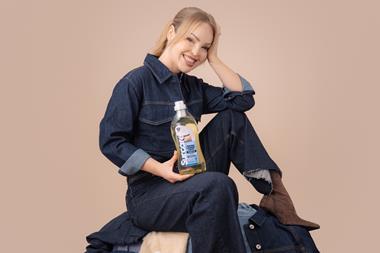
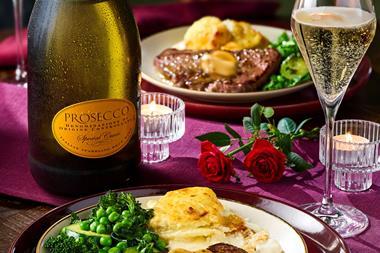

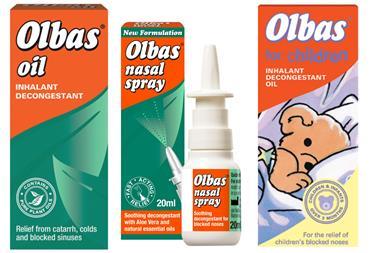

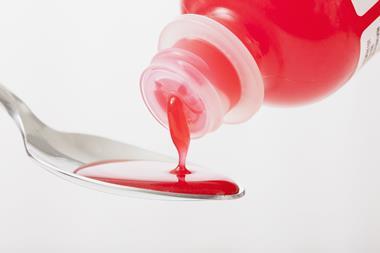
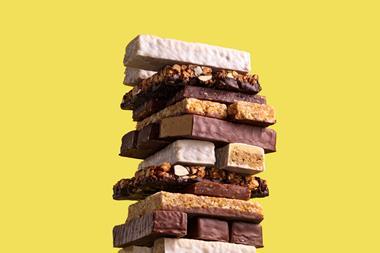





No comments yet